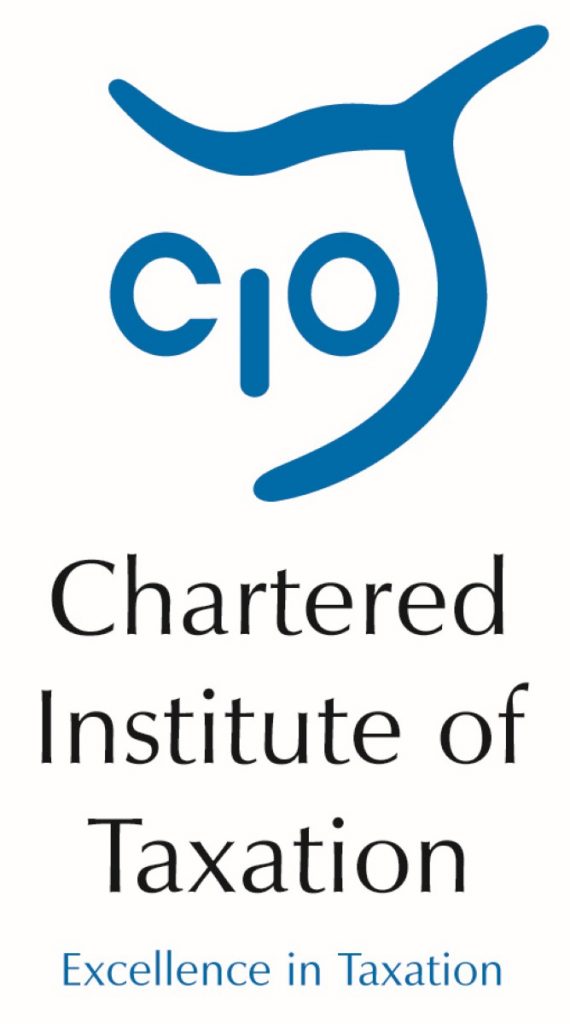Following an announcement in the Autumn Statement, a consultation has today been published on reducing the pensions ‘money purchase annual allowance’ from £10,000 to £4,000.
This means that those people who have drawn money from their pension pot1 will not be able to put more than £4,000 a year back into a pension from April 2017 onwards.
Robin Williamson, Technical Director of the Low Incomes Tax Reform Group, said:
“We understand that the Government is keen to dissuade ‘tax-free cash recycling’ which might mean that people seek to get further tax relief on money they have just taken out of a pension.
“But with pensions freedom, an individual might decide to take money out of their pension (currently allowed at age 55) – for example, to pay off their mortgage or other debts. They might then decide to use their new-found surplus in disposable income to put money back into pensions to provide a nest egg for their old age when they eventually decide to reduce their hours or stop working.
“The money purchase annual allowance of £10,000 is unlikely to catch out too many people who might do this. But reducing it to £4,000 – equating to savings of £333 a month – is much more likely to cause problems for these people; especially if thinking about it in terms of someone choosing to save money they might have previously been paying on a mortgage.”
Notes to editors
1. Pensions flexibility was introduced from April 2015, allowing people to take their money purchase pension savings in full as a lump sum, or in stages, rather than purchasing a lifetime annuity.
2. Low Incomes Tax Reform Group
The LITRG is an initiative of the Chartered Institute of Taxation (CIOT) to give a voice to the unrepresented. Since 1998 LITRG has been working to improve the policy and processes of the tax, tax credits and associated welfare systems for the benefit of those on low incomes.
The CIOT is the leading professional body in the United Kingdom concerned solely with taxation. The CIOT is an educational charity, promoting education and study of the administration and practice of taxation. One of our key aims is to work for a better, more efficient, tax system for all affected by it – taxpayers, their advisers and the authorities. The CIOT’s work covers all aspects of taxation, including direct and indirect taxes and duties. The CIOT’s 17,600 members have the practising title of ‘Chartered Tax Adviser’ and the designatory letters ‘CTA’, to represent the leading tax qualification.
Contact: Hamant Verma, External Relations Officer, 0207 340 2702 HVerma@ciot.org.uk (Out of hours contact: George Crozier, 07740 477 374)





-01.png)